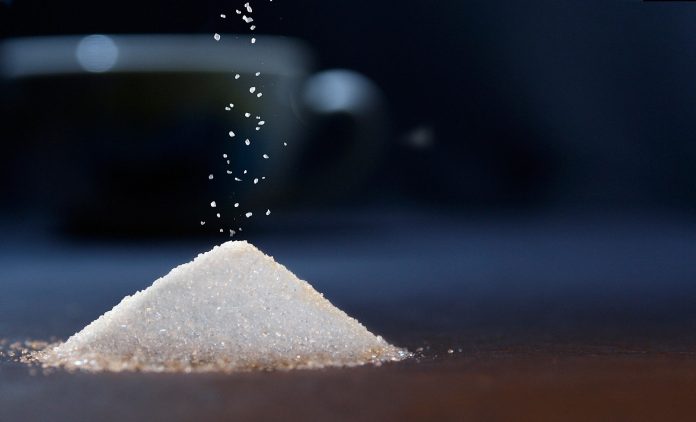Artificial sweeteners vs. sugar
Aspartame and sucralose are popular amongst consumers looking for a healthy sugar substitute. Attacking sugar as the cause of obesity and heart disease is a typical practice. The use of artificial sweeteners continues to be studied. New data is contraindicating the trend of artificial sweeteners as a healthy alternative. Some of the most popular sugar substitutes may do more harm than good.
Heart health and fake sugar
The British Medical Journal recently published a study confirming that these “healthy” alternatives are not as healthy as previously thought. According to this study, frequently consuming aspartame increases the risk of cerebrovascular incidents [strokes] and heart disease.1
Regular sucralose consumption was also found to increase the risk of heart disease. People most at risk eat and drink artificial sweeteners regularly, while less frequent ingestion did not pose a health threat.1,3
Artificial sweeteners in a “healthy diet”?
Knowing what to do about your health can be contradictory and frustrating. For example, many within the dieting culture believe they need a sugar substitute and decrease of caloric intake by drinking diet products.2 When it comes to having a disease or health condition, it is even more critical to have the correct information.
To continue enjoying some of their favourite foods and drinks, people with diabetes and chronic diseases often consume artificially sweetened items to reduce blood sugar spikes and the amount of sugar circulating in their blood.2
As scientists continue discovering the long-term effects of artificial sweeteners in the diet, questions need to be answered if the alternatives are a part of a healthy diet, even for those with sugar-related health conditions.
Nothing is sweeter than good health
The science suggests consumers should think about artificial sweeteners as a “modifiable risk factor”; something you do that is high risk but that you can change by breaking the habit.1
Recommendations in Trends in Endocrinology & Metabolism mimic the British Medical Journal’s suggestion of reducing the intake of fake sugars like aspartame and sucralose to occasional use only.1,3,4
For those relying on artificial sweeteners as a sugar substitute, it is reasonable to suggest occasional use of the fake stuff instead. Try adding a new “substitute” when you need a sugar fix that involves drinking more water, eating more fibrous carbohydrates, lean protein, mono and polyunsaturated fats, and getting some daily exercise.1
References
- Debras, C., Chazelas, E., Sellem, L., Porcher, R., Druesne-Pecollo, N., Esseddik, Y., … & Touvier, M. (2022). Artificial sweeteners and risk of cardiovascular diseases: Results from the prospective NutriNet-Santé cohort. British Medical Journal, 378.
- Meng, Y., Li, S., Khan, J., Dai, Z., Li, C., Hu, X., … & Xue, Y. (2021). Sugar-and artificially sweetened beverages consumption linked to type 2 diabetes, cardiovascular diseases, and all-cause mortality: A systematic review and dose-response meta-analysis of prospective cohort studies. Nutrients, 13(8), 2636.
- Risdon, S., Battault, S., Romo-Romo, A., Roustit, M., Briand, L., Meyer, G., … & Walther, G. (2021). Sucralose and cardiometabolic health: Current understanding from receptors to clinical investigations. Advances in Nutrition, 12(4), 1500-1513.
- Swithers, S. E. (2013). Artificial sweeteners produce the counterintuitive effect of inducing metabolic derangements. Trends in Endocrinology & Metabolism, 24(9), 431-441.



